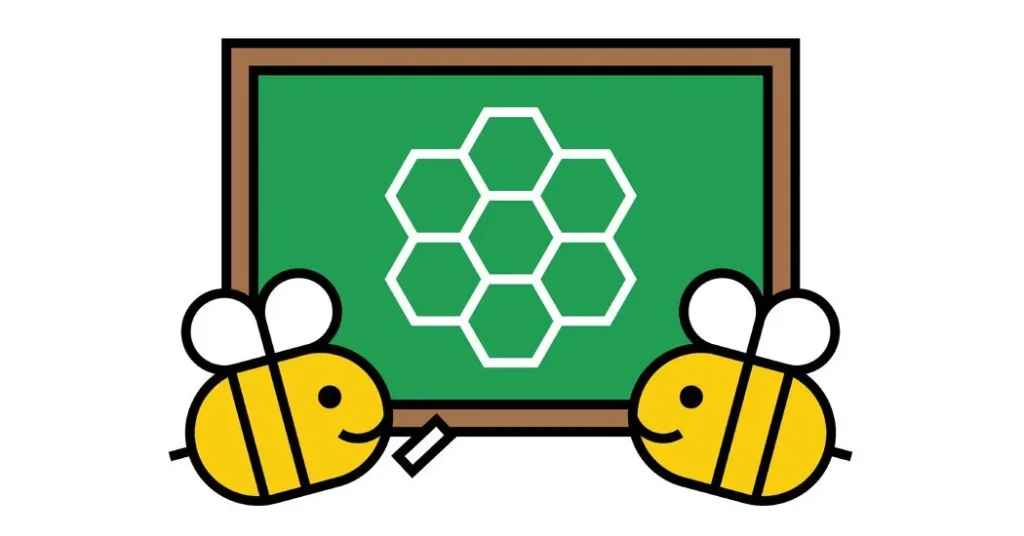When it comes to spelling bees, preparation is key. Whether you’re a seasoned veteran or a first-timer, having a reliable spelling bee buddy can make all the difference. A spelling bee buddy isn’t just someone to practice with—it’s your partner in the journey toward spelling victory. In this article, we’ll dive deep into how having a spelling bee buddy can enhance your learning, strategies to maximize this partnership, and tips for ensuring you are ready for the competition.
Why a Spelling Bee Buddy is Crucial for Success
The importance of a spelling bee buddy can’t be overstated. While you may think of the spelling bee as an individual competition, having someone to share the experience with can make the whole process more enjoyable and productive. Here’s why you need a spelling bee buddy:
1. Shared Motivation and Accountability
Preparing for a spelling bee requires dedication and consistency. Without motivation, it’s easy to slack off or procrastinate. A spelling bee buddy helps keep you accountable. You’ll both be committed to practicing regularly, learning new words, and improving your spelling skills together.
2. A Different Perspective on Spelling Rules
Having a spelling bee buddy means you’ll get to see spelling from another person’s perspective. Perhaps they have unique tricks or mnemonic devices that can help you remember difficult words. Additionally, they can correct you when you make a mistake, helping you learn faster.
3. Fun and Engaging Practice Sessions
Preparing for a spelling bee can become tedious and overwhelming if you’re doing it alone. A spelling bee buddy can turn practice sessions into something fun and engaging. You can turn it into a game, quiz each other, or even challenge each other with timed rounds. The key is to make the process enjoyable so you don’t burn out before the big day.
How to Choose the Right Spelling Bee Buddy
Not all buddies are created equal, and choosing the right spelling bee buddy can significantly affect your performance. Here’s what you need to consider when picking your perfect practice partner:
1. Similar or Complementary Skill Levels
Ideally, your spelling bee buddy should be at a similar skill level to you. If one of you is far ahead in terms of knowledge and experience, it can create a frustrating dynamic. However, if you find someone with complementary skills—perhaps one person is better at memorizing difficult words while the other excels at phonetic spelling—it can help each person learn faster and more effectively.
2. Shared Commitment to the Goal
Both of you need to be equally committed to the spelling bee. If one person is more serious about preparing while the other treats it casually, it can cause tension. It’s crucial that both partners understand the effort required and are dedicated to putting in the work.
3. A Supportive and Encouraging Attitude
A spelling bee buddy should be supportive and positive, even during difficult moments. The road to mastering tricky words is not easy, and both partners should encourage each other during challenging practice sessions. Look for someone who provides constructive feedback and celebrates each victory, no matter how small.
Strategies for Effective Practice with Your Spelling Bee Buddy
Now that you’ve found your spelling bee buddy, it’s time to get serious about practice. Here are some effective strategies you can use to ensure your sessions are productive:
1. Divide and Conquer: Assign Word Lists
Instead of studying the same word lists, divide them up between you and your spelling bee buddy. One person can focus on difficult-to-spell words, while the other tackles shorter words or words with tricky exceptions. This allows both of you to specialize in different aspects of spelling, making your practice more efficient.
2. Create Flashcards Together
Flashcards are one of the best ways to improve your spelling skills. Take turns making flashcards with words on one side and their correct spellings on the other. Then, quiz each other by showing the word and having your spelling bee buddy spell it out loud. This technique is particularly useful for reinforcing word patterns and tricky spellings.
3. Timed Practice Sessions
When practicing with a spelling bee buddy, consider setting a timer for added pressure. Challenge each other to spell as many words correctly as possible in one minute. This will help you get used to spelling under time constraints, a common element of many spelling bee competitions. The time pressure also makes the process more exciting and less monotonous.
4. Correct Each Other’s Mistakes
After each round, review your mistakes together. If one of you spells a word wrong, explain why the correct spelling is the way it is. Understanding the root of the mistake is essential for preventing it from happening again. A spelling bee buddy who corrects your mistakes with patience will help you improve rapidly.
5. Practice with Spelling Bee Mock Sessions
One of the best ways to prepare for a spelling bee is by simulating the actual event. Take turns being the “judge” and asking each other words from a spelling bee list. This will not only help with spelling but will also build your confidence in front of an audience. Treat these mock sessions as if they’re the real thing for a more realistic practice experience.
Enhancing Your Spelling Bee Performance
The competition in spelling bees can be fierce, but with the right preparation and the help of a spelling bee buddy, you’ll be well-equipped to perform at your best. Here are a few more tips to ensure success:
1. Learn Word Origins
Spelling isn’t just about rote memorization; understanding the origin of words can give you clues about their spelling. For example, many English words come from Latin, Greek, or French, and each of these languages has its own set of spelling rules. Your spelling bee buddy can help you research the origins of tricky words to give you an edge during the competition.
2. Master Common Word Patterns
While some words are unique, many follow specific patterns that can make them easier to memorize. Focus on learning common prefixes, suffixes, and roots, as well as recognizing common letter combinations. These insights will make it easier to predict the spelling of unfamiliar words.
3. Keep a Spelling Journal
A spelling journal can be a great way to track your progress. Each time you or your spelling bee buddy encounters a difficult word, write it down in the journal. Review it regularly to reinforce the correct spelling in your memory. You can also make notes about any tricks or mnemonic devices that help you remember certain words.
4. Stay Calm During the Competition
One of the hardest parts of a spelling bee isn’t the practice—it’s performing under pressure. The fear of being on stage or making a mistake in front of a crowd can be overwhelming. A spelling bee buddy can help calm your nerves by offering moral support and encouragement. Before stepping on stage, take deep breaths, trust your preparation, and remember that mistakes are part of the learning process.
The Power of Positive Reinforcement with Your Spelling Bee Buddy
Having a spelling bee buddy isn’t just about spelling skills—it’s about creating a positive and supportive environment where both participants can grow. When you encourage each other and celebrate each small victory, you’ll both build more confidence. A supportive atmosphere ensures that even when mistakes happen, you’ll be motivated to keep going.
Conclusion: Your Journey to Spelling Bee Success
In conclusion, a spelling bee buddy is more than just someone to practice with—it’s a partnership that can make all the difference in your spelling bee journey. Whether you’re preparing for your first competition or you’ve been in the game for years, having a spelling bee buddy provides the support, motivation, and strategies you need to excel. Choose wisely, practice regularly, and stay positive. With the right preparation and a dedicated buddy, you’ll be well on your way to spelling success.



